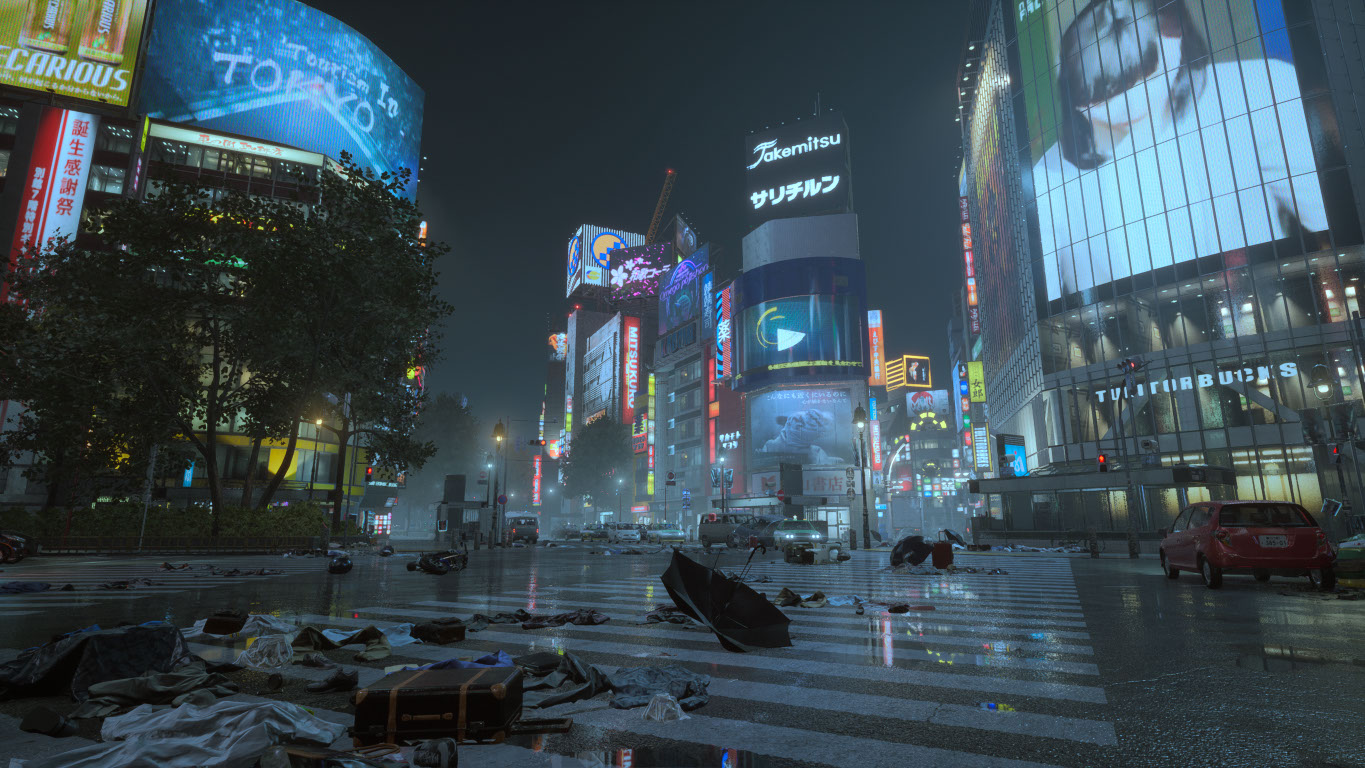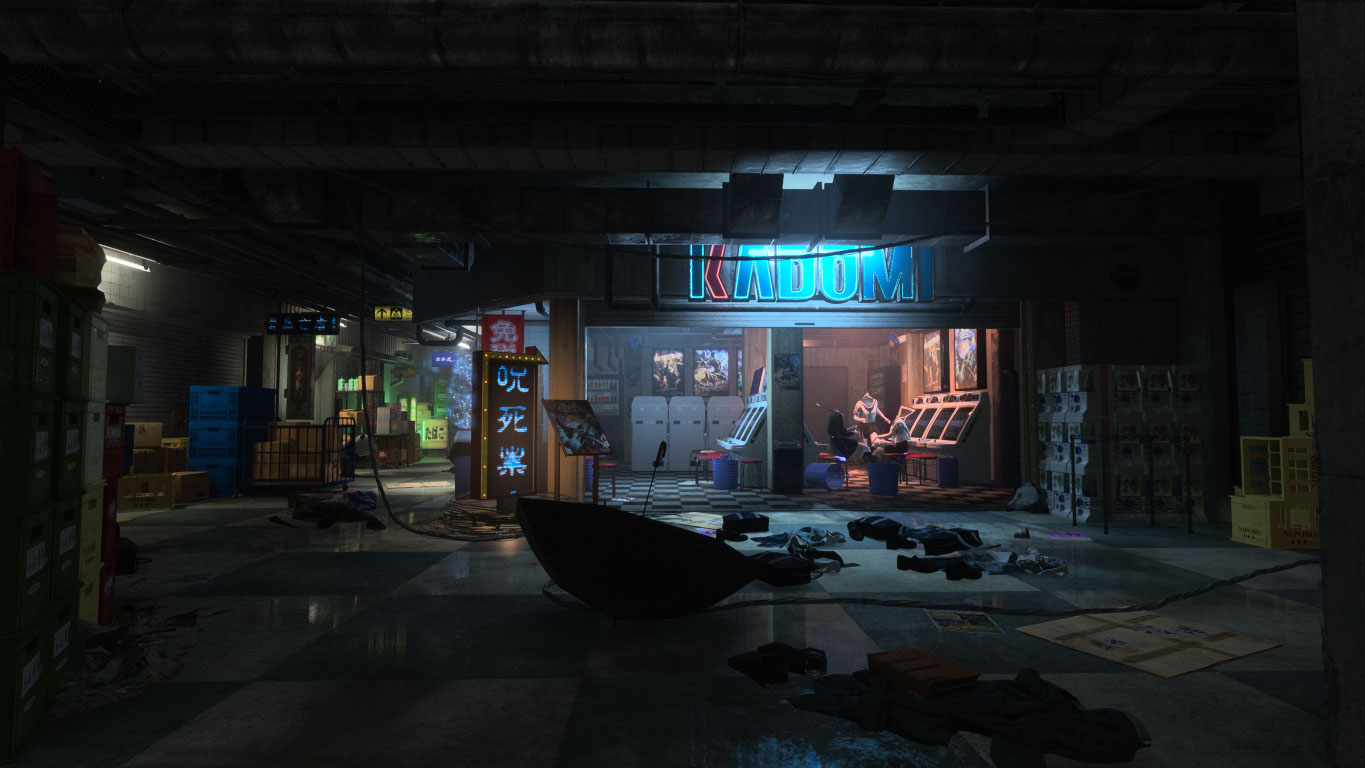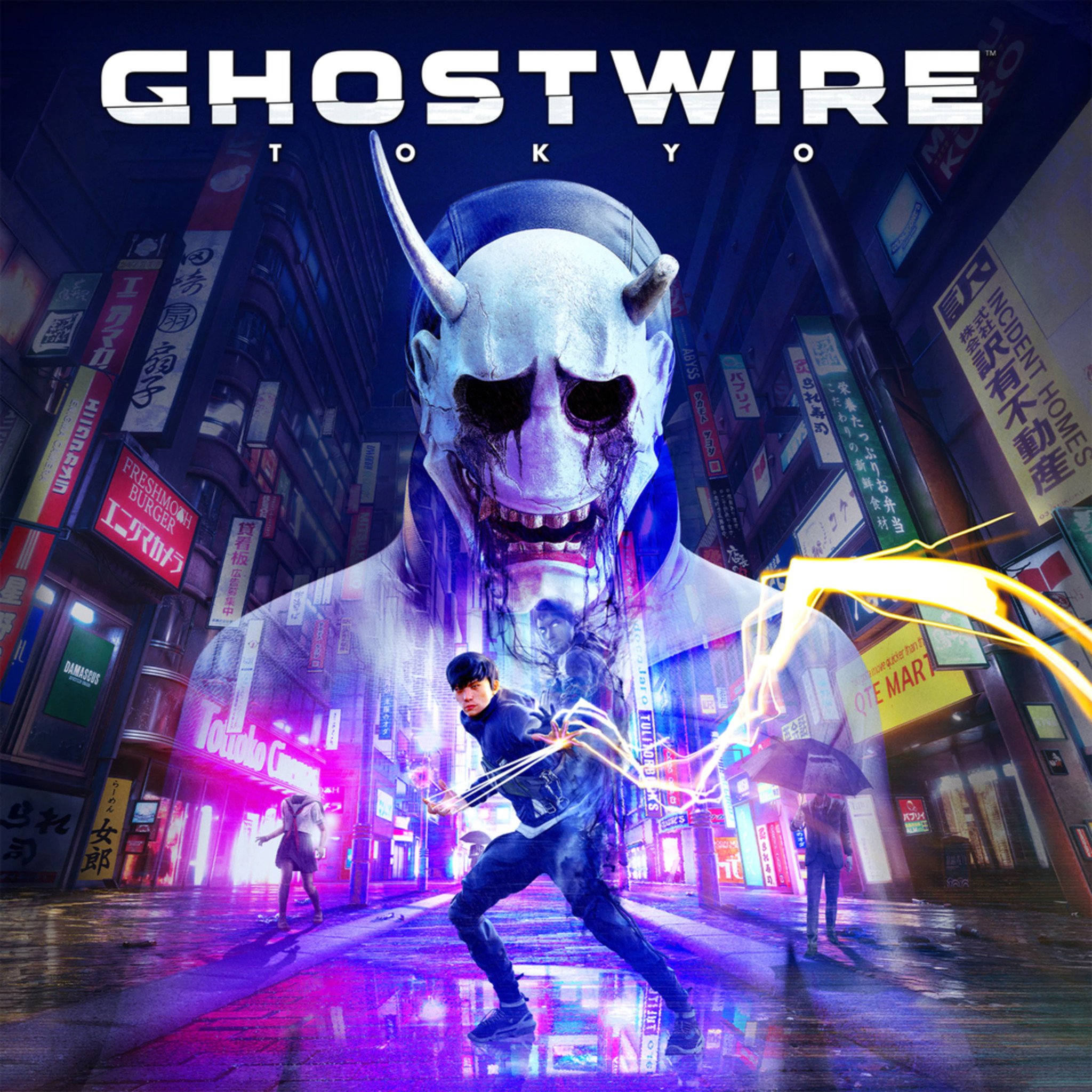Windows Central Verdict
Ghostwire: Tokyo is an atmospheric and somewhat ambitious game, with a vertical semi-open world gameplay arena dotted with ghoulish nasties and side-quests steeped in folklore, atop a supernatural thriller plot. The game's combat is sluggish initially, but it becomes increasingly satisfying as you unlock more powers. Weaving elemental magic sprinkled with some stealth elements for good measure. Sadly, everything new and fresh Ghostwire: Tokyo brings to the table is hamstrung by the game's awful performance on Xbox, which makes the game a true slog.
Pros
- +
Interesting modern fantasy setting with strong supernatural twists
- +
Satisfying combat with spectacular effects
- +
A detailed and atmospheric world filled with folklore
Cons
- -
Repetitious side quests feel tired almost immediately
- -
Essential quality-of-life gameplay improvements are locked behind drab EXP grinding
- -
Abysmal performance on Xbox, even in "performance" mode
Why you can trust Windows Central
Ghostwire: Tokyo hits Xbox on April 12, joining what promises to be a relatively strong line-up for Microsoft's console. The game was formerly a PlayStation timed exclusive, signed before Microsoft purchased ZeniMax back in 2021. After a year on PC and PS4, Ghostwire: Tokyo is finally crossing the green line to the Xbox side, hitting retail and Xbox Game Pass alike. Is it worth your time, though?
In the last week or so, I've once again revisited Ghostwire: Tokyo. I say once again since I had attempted to review the game on PC last year, but sadly, performance issues combined with my aging gaming PC simply made running the game impossible. I figured it would be ideal to come back and revisit it on the Xbox Series X version. A year's worth of updates coupled with support from Microsoft's engineers should result in a higher-quality experience, I figured. I'm sad to say the result is a mixed bag.
Ghostwire: Tokyo is an ambitious game, for better or worse. The game suffers from a sense of diffusiveness that is a drag on its stronger elements. There's something special underneath those issues, and I think the game's world has true potential to be a pillar experience for Xbox Game Pass in subsequent versions.
Ghostwire Tokyo Review: The Good
Ghostwire: Tokyo's strongest element is the game's world and overall narrative, I feel. Tango Gameworks' familiar subversive art style brings flair to the melancholic Shibuya setting, which is lovingly expressed with density and verticality.
Ghostwire: Tokyo takes place in a contemporary modern-day Tokyo, where a mysterious fog sweeps in, and literally evaporates the populace. Disembodied souls and murderous apparitions start appearing, and both malevolent and benevolent spirits typically deterred by the living take-up residence in the deserted urbia. Deserted, that is, for all except you.
Playing as Akito, you awaken in the midst of the chaos, unexpectedly fused with the soul of a government ghost hunter known only as KK. Akito races to rescue his sister, Mari, who is comatose in a nearby hospital, as demonic entities start appearing in the vicinity. Armed with new powers from KK, Akito wields elemental spirit energy to dispatch the ghouls, only to find Mari kidnapped by a mysterious man, donned with a demonic-looking Hannya mask.
Hannya's aim is to break down the distinction between life and death, by way of a ritual that, for some reason, requires Akito's sister as a catalyst.
All the latest news, reviews, and guides for Windows and Xbox diehards.
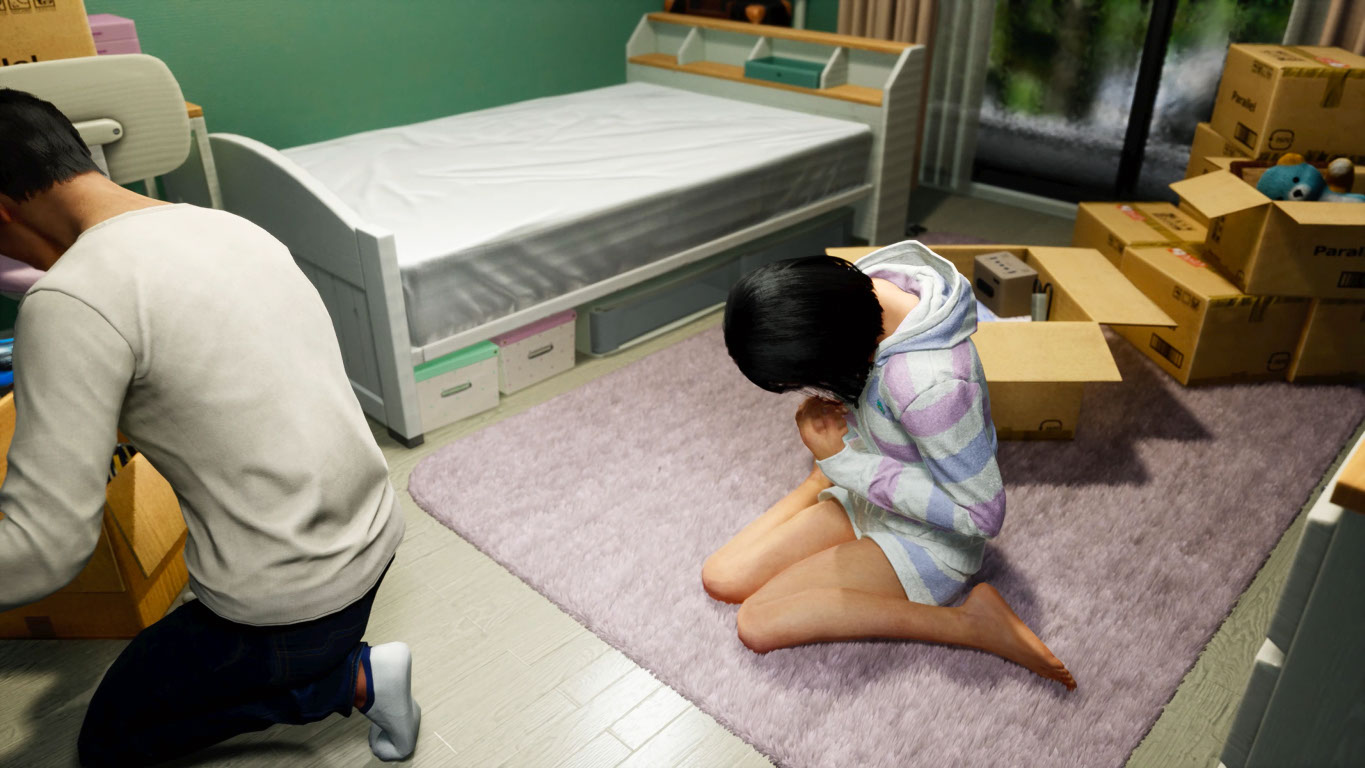
Without giving too much away, Ghostwire: Tokyo weaves a surprisingly evocative and occasionally devastating plot that kept me invested throughout. Unraveling the game's mysteries drove me forward, and while I do have some reservations about it I'll express in the next section, I feel that Ghostwire: Tokyo is intriguing enough to warrant completion by way of its story alone. Initially, KK and Akito react to their intertwined souls with irritation, but over the course of the game, the duo learn to trust one another, unlocking new combat mechanics as their spirits "sync." It's one narrative device that interweaves incredibly well with the game's progression arc. The occasional moments you find yourself separated from KK become quite nerve-wracking since you'll discover just how weak you are as a regular Joe without KK's spiritualistic powers in this tear between the world of living and dead.
Akito isn't completely helpless without KK, though. The game gives you some supernatural kit to face down the game's less-friendly spirits. An enchanted bow gives Ghostwire: Tokyo an almost Far Cry-like stealth gameplay quality, complete with mystical seals that behave similarly to grenades, stunning and disabling stronger groups. The game really shines with those supernatural powers, though, which Akito wields with impressive first-person hand gestures, weaving arcs of water blades and potent blasts of wind energy to peel away at enemy forms. Upon exposing their cores, you can reach out with ghostly wires and rip the spirits apart, executing them and gaining some resources in the process. While initially sluggish, upgrades allow combat to become incredibly satisfying.
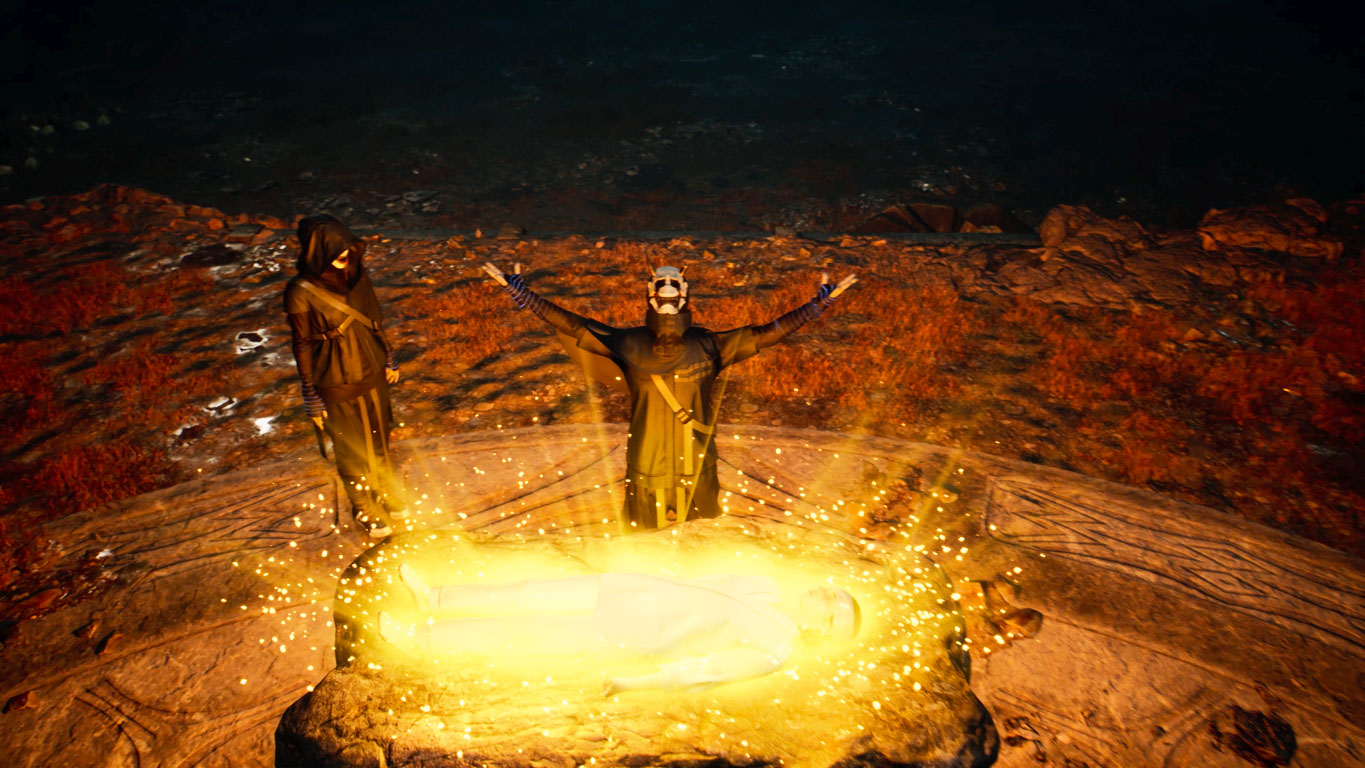
Speaking of Far Cry, Ghostwire: Tokyo isn't quite a fully open world, but the game has surprising verticality, drawing upon real-world urban locations from Shibuya. Tengu spirits offer the opportunity to leap up to the skyline, gliding across skyscrapers to unlock secrets and find collectibles. Yokai vendors help you replenish your stocks of healing food items, arrows, and other consumables. Meanwhile, other ghostly entities offer side quests to accelerate your combat progression through ability unlocks.
The famed Shibuya crossing is lovingly recreated, albeit littered with the remains of those now gone. The game will take you into apartment blocks, the subway underground, and tower department stores in your quest to rescue Mari, offering a solid variety of locales. Combine that with haunted visions and twisted pocket dimensions, Ghostwire: Tokyo is an expressive effort that boasts enticing atmospherics and impressive art. The beefy campaign clocks in at around 20 hours depending on how many of the side quests you endure, and the new Spider's Thread roguelike gameplay mode puts the emphasis on combat — which is arguably Ghostwire's strongest feature.
All of these elements may sound like the components of a great game, however, a collection of irritants frustrate the final product.
Ghostwire Tokyo Review: The Bad
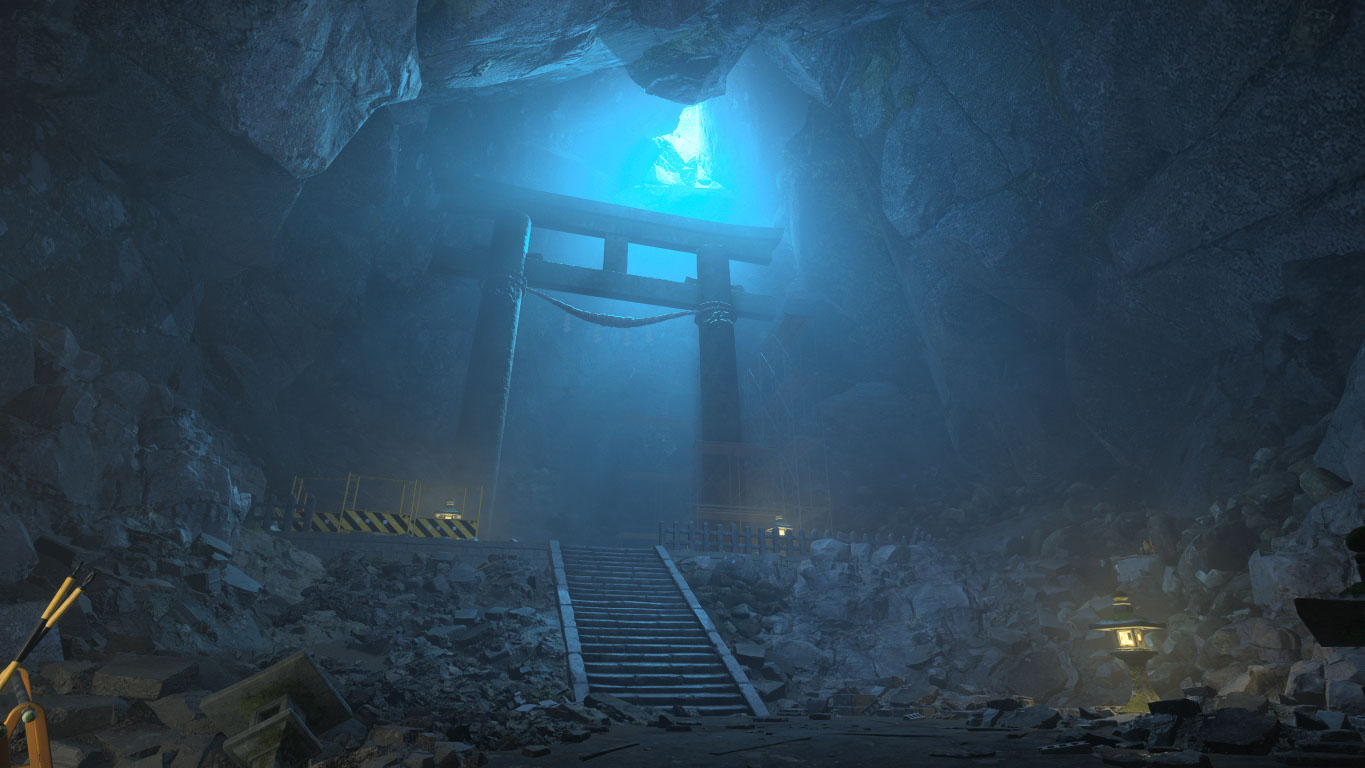
Ghostwire: Tokyo is almost like a spiritual vision of a far better game, and I hope that sequels can address some of the unrealized potential. But alas, we're reviewing the here and now, and Ghostwire: Tokyo's clearly impressive ambitions don't always land.
Ghostwire: Tokyo suffers a bit from "open world syndrome," where gameplay design seems to revolve around a checklist, rather than what's actually fun. It's frustrating because the glimmers of freshness in the game's story and setting often get trampled by tired open-world fetch quest needlessness. The EXP unlock system generally doesn't add much to the game, and instead often contradicts itself by taking away quality-of-life features that should be the baseline. Why do I need to spend EXP to absorb collectibles faster? Grinding souls to level up is already tedious enough, and it feels like Tango retroactively made some gameplay features more frustrating as an excuse to have a progression system. And what's worse, later in the game, a new mechanic is introduced for absorbing souls which, once again, makes it slower to perform — essentially removing your upgrade.
Some of this stuff serves to make the first third of the game far more painful than would otherwise be necessary. It's a shame because it's genuinely exciting when you defeat a unique boss in the story and unlock a special power as part of the campaign — it would have been far better to tie these upgrades to exploration and unique set pieces, rather than grinding arbitrary numbers through repetitive busy work.
Indeed, most of those "numbers" come from EXP earned via side quests. The problem is, often (but not always) these missions are rather dull and play out in a formulaic way. "I'm on a race against time to rescue my sister from an evil madman, but sure, I'll spend the next ten minutes trying to find a hiding Tanuki spirit for some crumbs of EXP."
Some of the game's elements do feel cobbled together with little overarching direction, and perhaps it's symptomatic of pandemic game development. The central delivery of Japanese folklore knowledge packets felt deep and intriguing. I found myself actually learning things while playing. Very occasionally, even the side quests deliver intrigue and depth as well. But the frequency of repetition is too high, with familiarity quickly sapping my will to do more.
Thankfully, the main story is a lot more interesting than many of the game's side missions with unique cutscenes and battles, but it's far from perfect too. The campaign's main story beats are strong; they feel like they're cherry-picked from a more compelling, more realized world with a deeper direction. The overall story and setting are peppered with unexplained elements about the game's characters and its wider world so much so that you may feel a lack of closure by the time the credits roll.
The most egregious issue plaguing Ghostwire: Tokyo, however, is the game's performance. On Xbox Series X, the game's frame rate is all over the place. Sometimes you'll turn a corner and see performance inexplicably dip from sixty frames down to 30 or lower, although it seems to be worse in certain areas and due to certain effects (like the game's grainy rain effects). And do forget "quality mode," since it introduces a bewildering slow-motion input delay that makes the game thoroughly unplayable. It also oddly hitches as you're moving around the city ever so slightly, creating an uncanny judder that is irritating once you've noticed it. The mission-oriented Spider's Thread expansion doesn't suffer from the same performance issues and judder I've noticed, which suggests to me that the issues stem from streaming the game's open world. Alas, hopefully, it's not unfixable.
The lack of consistency in the game's performance contributes to a variety of needless problems that prevent Ghostwire: Tokyo from hitting the quality bar it quite easily could have done.
Ghostwire Tokyo Review: Conclusion

Ghostwire: Tokyo feels like a vision of a much more impressive game, that perhaps needed more iteration from the outset. Some of the title's gameplay elements seem ill-thought-out. And the story delivery while fundamentally solid, has a lot of odd grey space that feels like the result of limited development, rather than stylistically intentional.
Despite the issues, I enjoyed my time with Ghostwire: Tokyo, but it felt all too often in spite of itself. The performance issues seriously degraded the experience on Xbox Series X, and I cannot confirm whether or not it will be fixed by launch day. You can at least try it out for yourself on Xbox Game Pass to monitor the performance situation over the coming weeks. I would strongly recommend waiting for performance patches before diving in, because it really does harm the experience, regularly wrestling you from the game's immersive environment and impressive atmosphere.
Ghostwire: Tokyo is an intriguing title regardless, with genuinely satisfying combat, a meticulously detailed world, great art, and monster designs that exemplify the talent present at Tango Gameworks.

Jez Corden is the Executive Editor at Windows Central, focusing primarily on all things Xbox and gaming. Jez is known for breaking exclusive news and analysis as relates to the Microsoft ecosystem — while being powered by tea. Follow on X.com/JezCorden and tune in to the XB2 Podcast, all about, you guessed it, Xbox!
